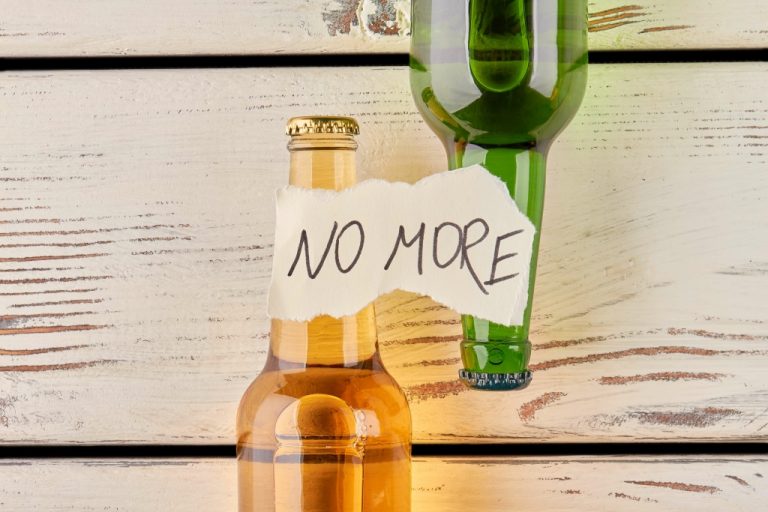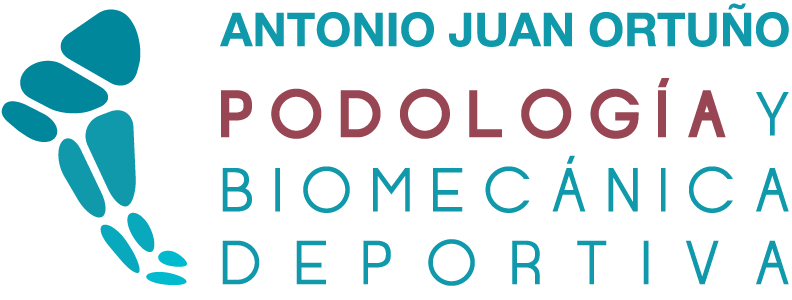In this post, I highlight 50 Substance Abuse Group Therapy Activities for Recovery that you can use with your clients. Individual therapy allows individuals to delve deep into their personal struggles and work through underlying issues that may contribute to substance abuse. It provides a one-on-one therapeutic relationship where individuals can explore their thoughts, feelings, and behaviors in a confidential and supportive setting. The https://ecosoberhouse.com/ therapist helps individuals develop coping strategies, build resilience, and identify triggers and patterns that may hinder their recovery. The sense of belonging and social support that group therapy provides can significantly increase a person’s motivation to change and stay sober. In group therapy, individuals can learn from one another’s experiences, share coping strategies, and gain valuable insights into their recovery journey.
By simulating scenarios involving peer pressure or social settings, participants can practice assertively declining offers of drugs or alcohol. These activities build confidence, enhance communication skills, and empower individuals to prioritize their recovery goals. The use of group therapy activities for substance abuse can be a helpful tool in creating a safe and healthy group environment. Activities can encourage discussion when members may be reluctant or unsure of how to contribute to the conversation. Lastly, substance abuse group activities can provide group leaders with an opportunity to provide psychoeducation in an interactive way that members respond to.
Why are substance abuse groups effective?
Most addiction treatment centers, from smaller outpatient facilities to comprehensive centers with residential options, offer some form of group therapy or peer support. When it comes to substance abuse treatment, the method is usually less important than the results. Many holistic treatments such as equine therapy or art therapy might not seem like a suitable way to rid someone of their addiction on the surface, but the results prove otherwise. AAC is one of the largest substance abuse treatment providers in the US with facilities coast to coast. We have helped thousands get sober and lead a life free from addiction.
If you’re curious to see an actual group therapy session unfold, this video can satisfy that curiosity! In the video, two group therapists facilitate a group therapy session with teenagers. Not only does this book cover the basics and the foundational assumptions and theories behind this group therapy model, it was also recently updated to include new developments in the field. To learn more about this exercise, we recommend Judith Belmont’s book 150 More Group Therapy Activities & TIPS, which will be described in more detail below.
Mindfulness meditation
Maintaining motivation for sobriety is pivotal in the journey of recovery. Substance abuse group activities focused on the positive aspects of a substance-free life highlight the physical, mental, and emotional benefits of remaining sober. Group discussions, guest speaker sessions, and personal testimonials shed light on how sobriety can improve relationships, better health, and a renewed sense of purpose. Physical activities offer numerous benefits for individuals in substance abuse recovery. Regular exercise promotes physical well-being and supports mental and emotional health, helping individuals manage stress, improve self-esteem, and maintain sobriety. To learn more about addiction recovery, please reach out to a Recovering Champions specialist.
For example, you can train the participants to be kind to themselves and improve self-talk. They can also practice breathing exercises, mindfulness, and other activities that will improve their mental health and other skills. Spending time outdoors and engaging in nature-based activities can have a profound impact on individuals in recovery.
Mindfulness Activities for Your Group Sessions
Have the group identify and discuss common triggers for substance abuse. Suggest different coping strategies they could use to stay sober when triggered. If an individual experiences a relapse, it is not a reason to lose hope. On the contrary, it should serve as a prompt to reach out to their physician or healthcare provider promptly. These professionals can help individuals resume treatment, explore different treatment modalities, or adjust their rehabilitation approach. Substance abuse often leads to strained relationships with loved ones.

They are often available at addiction treatment centers but can also be found at community centers or in other public locations. Group therapy in addiction treatment consists of three or more people, led by a licensed therapist, working together through issues related to addiction using behavioral therapy. Drug abuse has a detrimental effect on the individual and those closest to him or her.
Over time group therapy can also create healthy attachments, positive peer reinforcement, and a setting to learn social skills. The term “support group” can be defined as a recovery modality designed to foster a sense of community among peers during and after drug and alcohol rehab. And support groups are able to assist in the treatment of both mental health and substance use disorders. Relapse rates for drug and alcohol use are comparable to those of other chronic diseases, such as hypertension and diabetes. It is estimated that approximately 40 to 60 percent of individuals experience relapse during their recovery journey. This statistic highlights the persistent nature of addiction as a chronic condition.
It’s important for inpatient and outpatient rehab facilities to incorporate beneficial substance abuse group activities. Group therapy is a helpful and effective method of treatment if you conduct it properly. You want to encourage as much participation as possible and there are a few different ways you can do that.
More information is below about understanding relapse and preventing relapse after substance abuse treatment. Group therapy sessions focusing on understanding addiction help individuals understand the science behind their condition. This exercise aims to elicit the cathartic benefits of expressive writing therapy, a popular positive coping intervention that was developed in the 1980s. It’s a slightly adapted take on traditional expressive writing, however, in that it includes some questions and prompts to stimulate and guide participants as they write. This group therapy exercise focuses on communication and mindfulness skills in participants and is a great general activity for all types of therapy.
- Clients are asked to identify five to 10 chapter titles for their life and briefly explain each.
- After completing a treatment program, individuals benefit from a well-structured aftercare plan.
- 10 of the most commonly used CPT codes for therapeutic treatment, to help improve the efficiency of the billing process and ensure you get reimbursed in a timely manner.
- It provides diverse viewpoints and feedback from peers who may have faced similar challenges.
- Nevertheless, it is not just the health service that is affected by drug abuse and addiction.
- With worksheets, activities, and tips, this resource will result in effective anger management skills, setting your client up for a meaningful future.
A 1-page worksheet for identifying things that promote addiction and ways to get rid of or avoid these things. A 1-page worksheet for identifying things to be grateful for in different life areas. A 2-page handout that describes seven uncommon grief experiences, such as delayed or disenfranchised grief. A list with links to online grief support groups, forums, and communities. A 2-page handout with nine creative and soothing outlets for grief, such as music, dance, light therapy, and aromatherapy.
